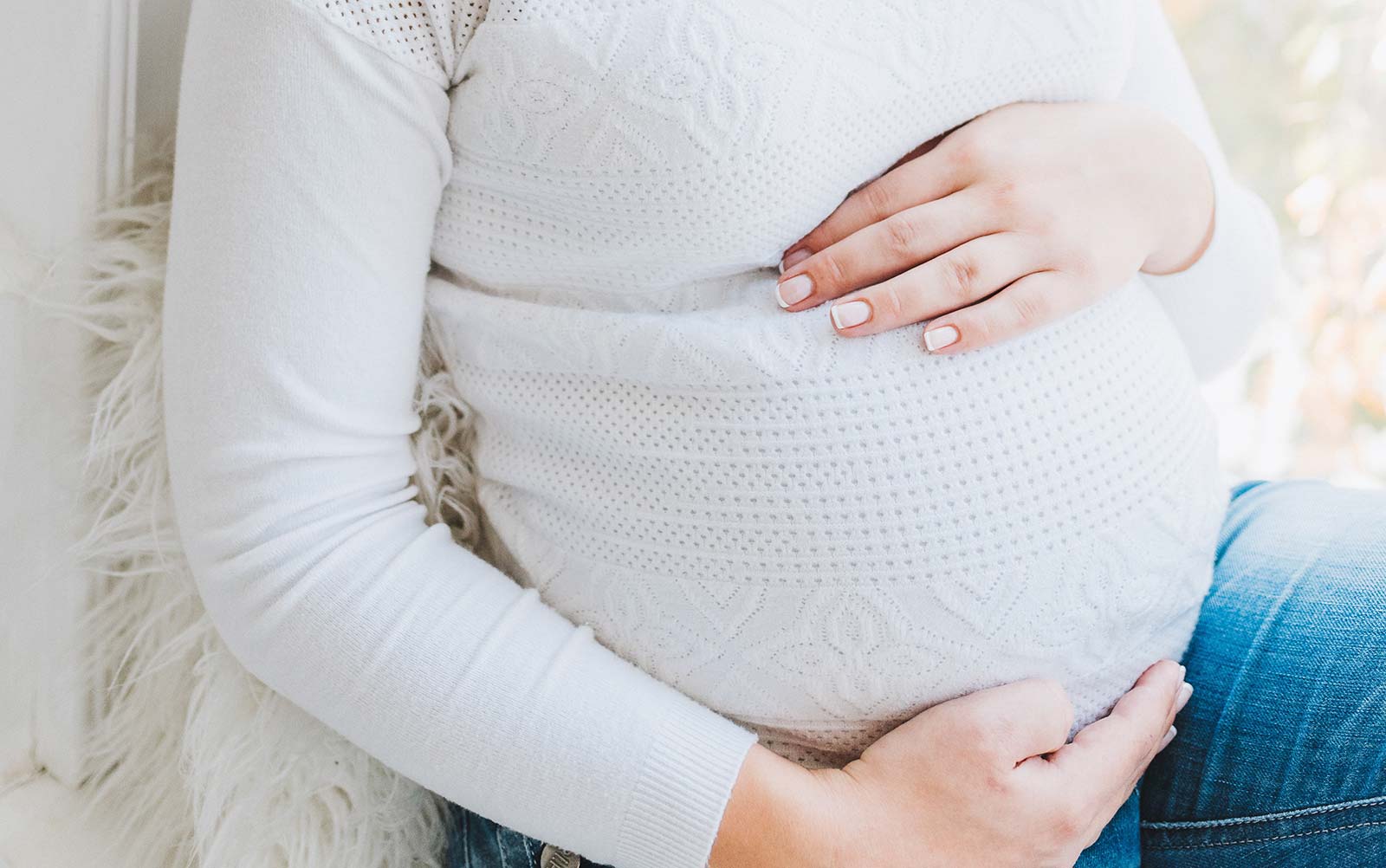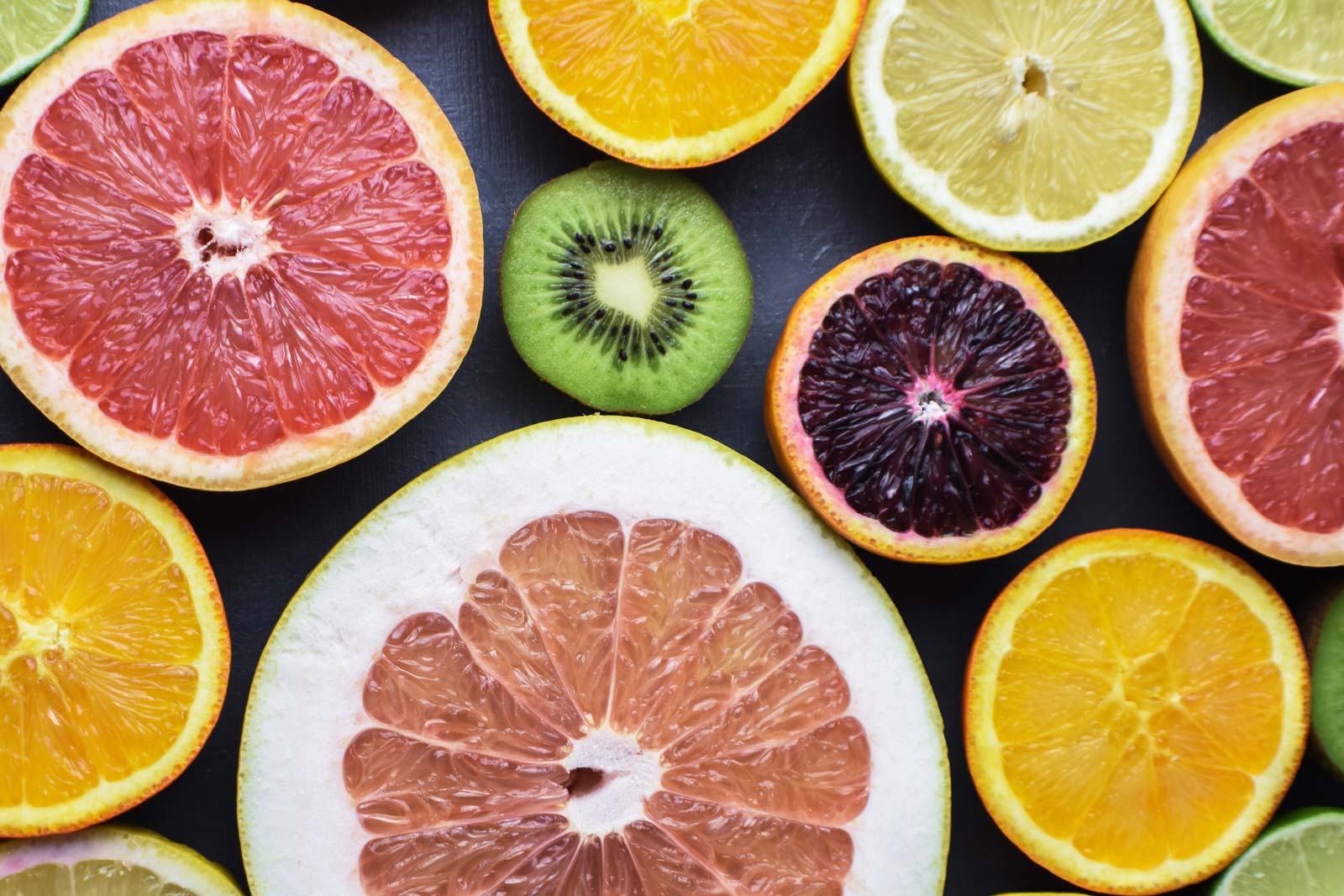
What can cause infertility?
While infertility is often implied to be a female issue, a third of infertility faces are due to male infertility.

While infertility is often implied to be a female issue, a third of infertility faces are due to male infertility.

Many people associate vitamin E with healthy skin, however it’s another essential antioxidant beneficial for fertility.

New researched has revealed that an add-on offered at many clinics may be largely ineffective.

A recent study published has once again revealed the importance of maintaining a healthy diet and healthy weight during your fertility journey.

Genetic integrity is important when it comes to your fertility. As we age, the levels of oxidative stress in our cells increase.

Why is vitamin B12 so important? It’s fundamental to a range of biological processes such as DNA synthesis, cell division, and cell

A new study has revealed the a woman’s eggs may play a crucial role in selecting sperm.

We have all learnt that vitamin C is one of the most effective nutrients that helps maintain a healthy immune system, but

As folate plays an essential role during cell division and DNA synthesis, it has been associated with sperm concentration and quality, especially
Every story written here comes from Fertility First's Research Team, a group of scientists that doesn't just talk about the science behind fertility and reproduction, it lives and breathes it. Staffed by the doctors and scientists working behind the scenes at Fertility First, this team of dedicated embryologists, andrologists, and fertility experts collectively has over 40 years experience in the field.
Yes, chronic stress can impact fertility by disrupting hormonal balance and ovulation patterns. Managing stress through relaxation techniques, regular exercise, adequate sleep, and mindfulness practices may help optimise your chances of conception. Consider speaking with a counsellor if stress feels overwhelming.
Sperm health accounts for about 40% of conception challenges. Your partner can improve sperm health by maintaining a healthy weight, avoiding excessive heat exposure (hot tubs, saunas, tight clothing), limiting alcohol, quitting smoking, managing stress, and taking a multivitamin with antioxidants. Sperm takes about 3 months to develop, so lifestyle changes need time to show results.
Your fertile window typically spans 5-6 days, ending on ovulation day. For a regular 28-day cycle, this usually falls between days 10-15, with peak fertility 1-2 days before ovulation. Track your cycle using ovulation predictor kits, basal body temperature, or cervical mucus changes to identify your unique pattern. Having intercourse every 1-2 days during this window optimises your chances.